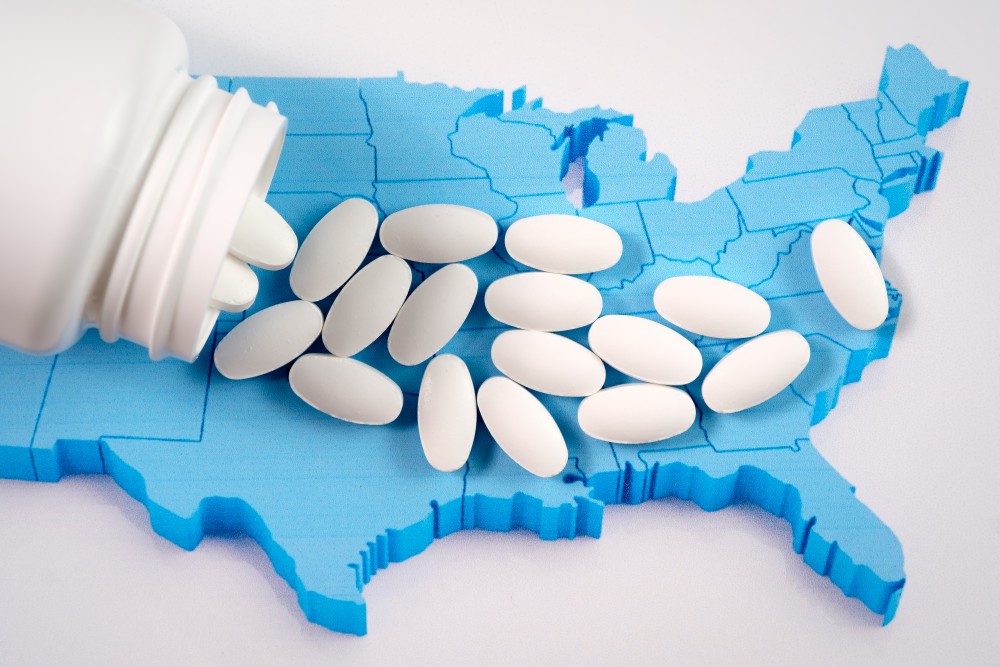
A bipartisan group of United States senators — including Republican Sens. Shelley Moore Capito of West Virginia and Susan Collins of Maine — is urging Senate leadership to help states fight the opioid crisis.
“Opioid misuse is not a partisan issue. It is ravaging communities in every state and preys upon individuals and families regardless of party affiliation,” the senators wrote to Majority Leader Mitch McConnell (R-KY) and Democratic Leader Chuck Schumer (D-NY) in a Dec. 15 letter.
U.S. Sens. Joe Manchin (D-WV), Angus King (I-ME), Bob Casey (D-PA), Lisa Murkowski (R-AK), Tammy Baldwin (D-WI), Jeanne Shaheen (D-NH) and Maggie Hassan (D-NH) also signed the letter.
And though pleased the epidemic has been declared a national public health emergency, “that action needs to be coupled with adequate, sustained resources,” the senators wrote.
The members asked Senate leaders to advance a spending package to provide “substantial resources” that would build upon measures included in the Comprehensive Addiction and Recovery Act, the 21st Century Cures legislation, and the Consolidated Appropriations Act of 2017.
While provisions in these bills represent “important first steps,” the lawmakers wrote that additional efforts are needed to “ensure that states have adequate resources for first responders, enforcement, prevention efforts and treatment and recovery services.”
They also called for additional research on addiction and pain treatment “to gain a better understanding of the disease and develop innovative new treatments for substance misuse,” according to the letter.
Upcoming supplemental appropriations and omnibus appropriations legislation under Senate consideration presents “significant opportunities for additional funding,” the lawmakers pointed out in their letter.
And they acknowledged that efforts are needed across the aisle.
“We have worked together on this issue in the past, and with the clear statement from [U.S. Department of Health and Human Services] Acting Secretary Eric Hargan that the administration is looking for Congress to lead the way, it is time for us to work together again,” according to the letter.
The Maine and West Virginia lawmakers have been busy fighting the opioid crisis all fall.
Earlier this month, for example, Capito and Manchin both questioned officials on federal drug programs during an oversight hearing of the Senate Appropriations Labor, Health and Human Services, Education, and Related Agencies Subcommittee, on which they both serve.
Capito, Manchin and King also were among five other colleagues who cosponsored the Targeted Opioid Funding Act, S. 2125, which Shaheen introduced on Nov. 14. The bill would prioritize funding for states hit hardest by the opioid crisis, rather than basing it on state population.
Collins, a senior member of the Senate Appropriations Committee, this fall announced that the panel had approved an increased budget of $816 million for HHS opioid abuse treatment and prevention programs. The approval directs $500 million to state opioid crisis grants, which were authorized through the 21st Century Cures Act, a bill championed by Collins and signed into law in December 2016.
And King joined a group of senators on Oct. 25 to introduce the Combating the Opioid Epidemic Act, S. 2004, a measure to invest $45 billion for prevention, detection, surveillance and treatment of opioids.



